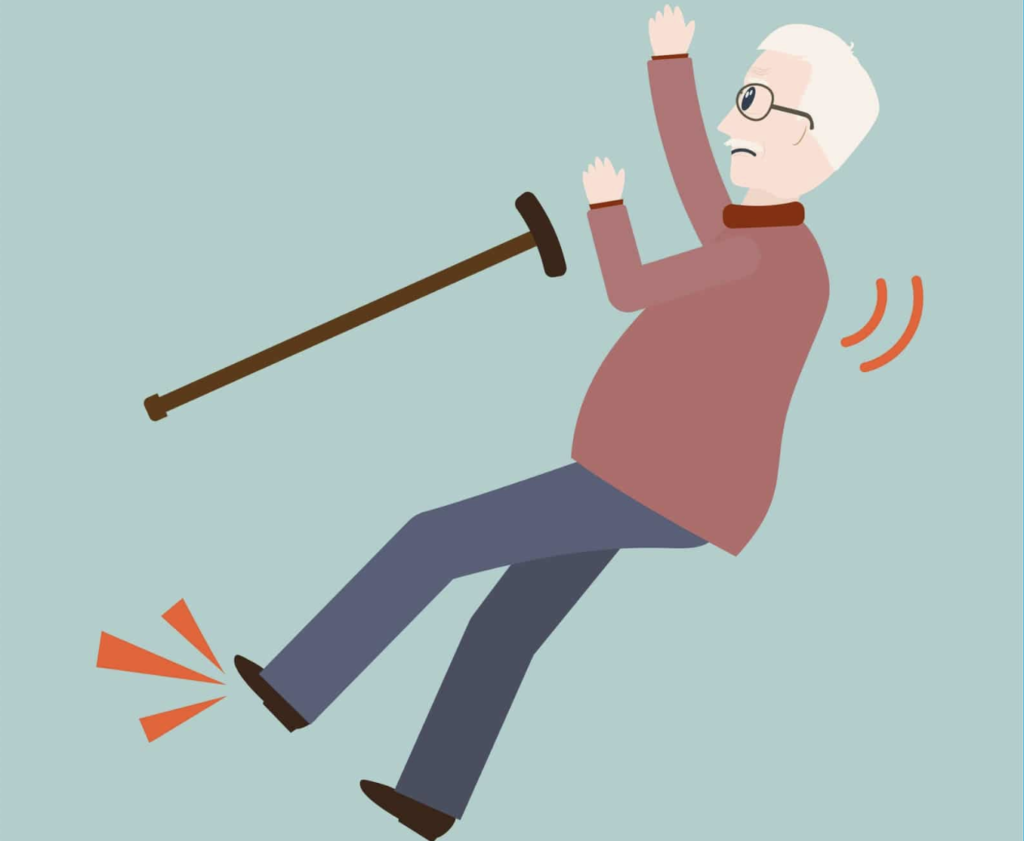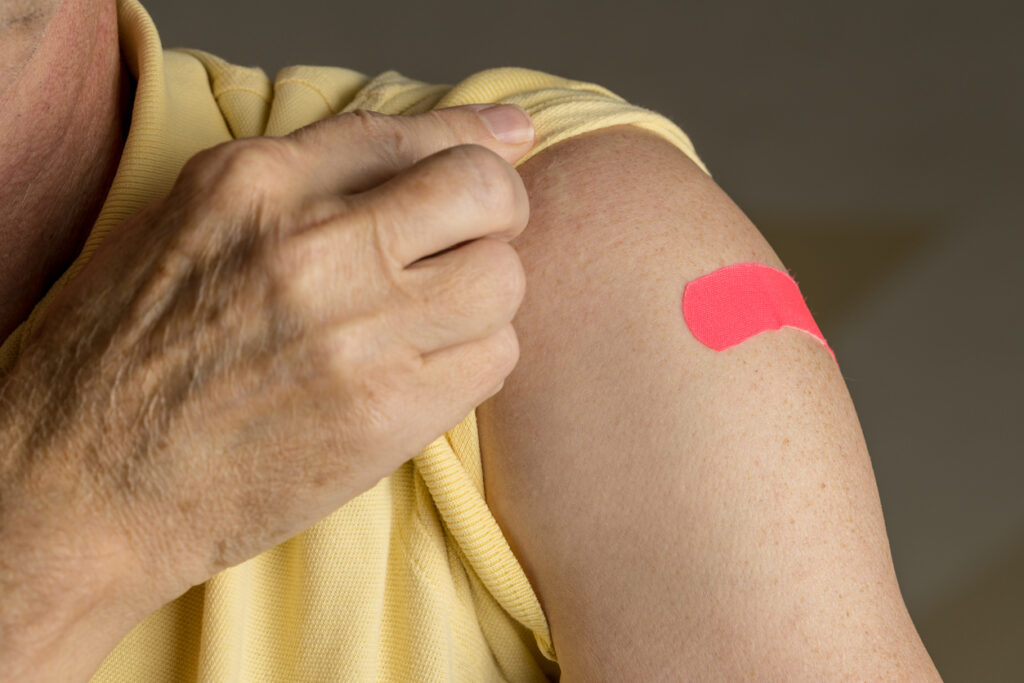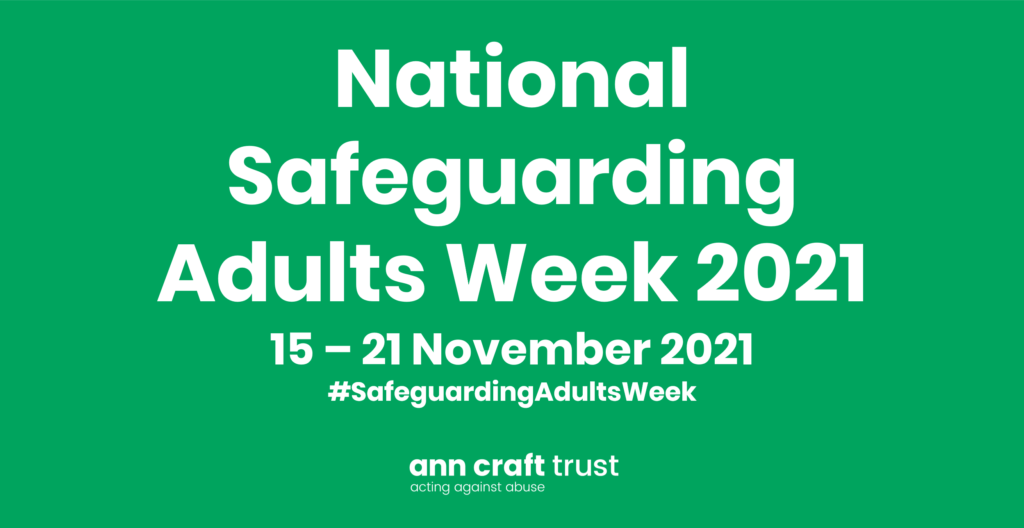Falls are a major concern for older adults, as they can lead to serious injuries and even death. However, there are many things that can be done to prevent falls at home. In this feature, we will discuss some of the best ways to prevent falls at home.
The home environment
Firstly, it is important to ensure that the home environment is safe and free of hazards that can cause falls. This includes ensuring that there is adequate lighting throughout the home, especially in areas such as hallways and stairs. Any clutter or obstacles on the floor should be removed, and rugs should be secured to the floor to prevent slipping. Handrails should also be installed on both sides of staircases, and in the bathroom and shower.
Regular exercise
Secondly, regular exercise can help improve balance, strength, and flexibility, which can reduce the risk of falling. Activities such as walking, swimming, and tai chi are particularly effective for improving balance and reducing falls. It is important to consult with a doctor before starting any exercise regime, to ensure that it is safe and appropriate for your individual needs.
Managing medication
Thirdly, it is important to review and adjust medications regularly, as some medications can cause dizziness or other side effects that increase the risk of falls. It is important to speak with a doctor or pharmacist if you are experiencing any side effects, or if you have concerns about the medications you are taking.
Footwear
Fourthly, wearing appropriate footwear is crucial for preventing falls. Shoes should fit well and provide good support, with non-slip soles and low heels. Avoid walking around the house in socks or slippers, which can increase the risk of slipping and falling.
Nutrition and hydration
Finally, it is important to stay hydrated and maintain a healthy diet, as dehydration and poor nutrition can increase the risk of falls. Drinking plenty of water and eating a balanced diet can help maintain overall health and reduce the risk of falls.
In conclusion, falls prevention is crucial for older adults who want to maintain their independence and quality of life. By taking steps to ensure a safe home environment, engaging in regular exercise, reviewing and adjusting medications, wearing appropriate footwear, and maintaining good nutrition, older adults can reduce their risk of falls and maintain their health and wellbeing. If you have concerns about falls prevention, speak with your doctor or a healthcare professional to discuss strategies that are appropriate for your individual needs.




